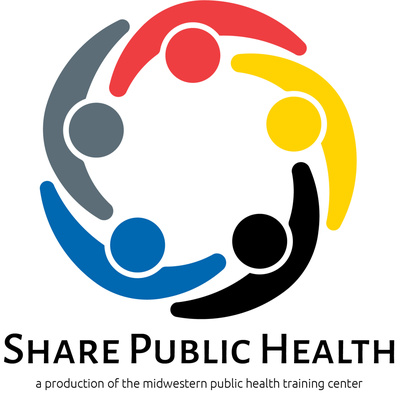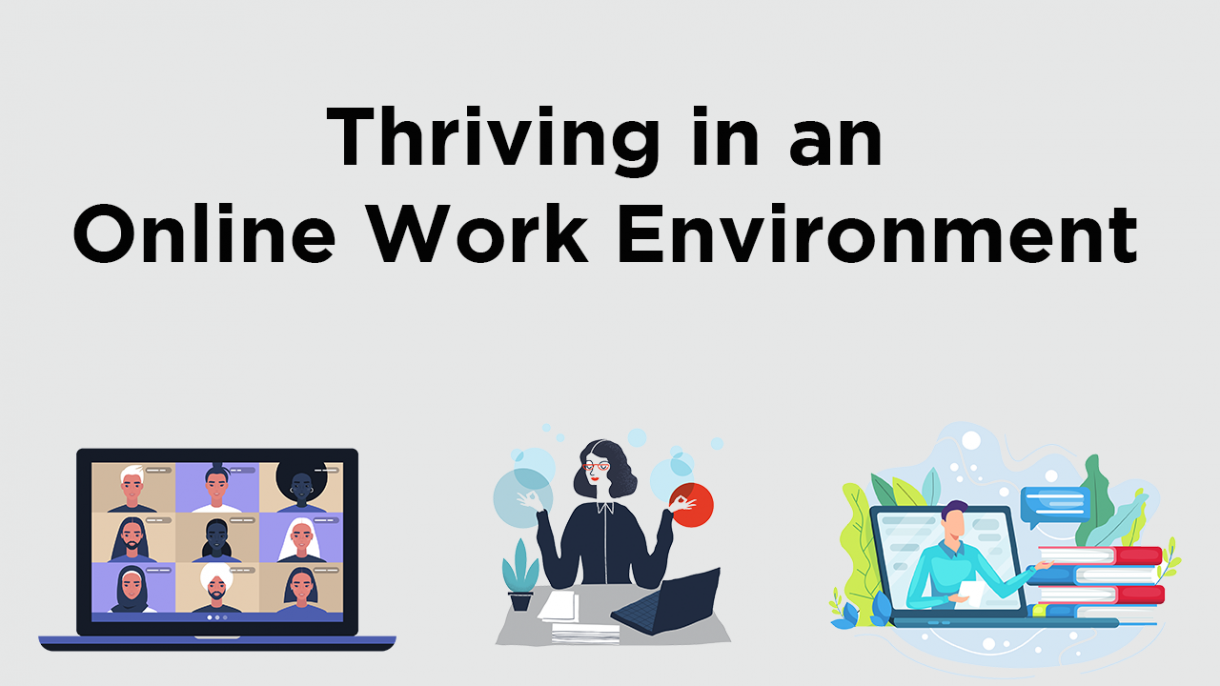 Community Partnering: A Risk Assessment & Emergency Operations Planning Scenario
Community Partnering: A Risk Assessment & Emergency Operations Planning Scenario
This course, developed by the Upper Midwest Preparedness and Emergency Response Learning Center, provides guidance on the fundamentals of community-based planning, from contributing to a risk assessment to developing emergency operations plans (EOP) and engaging the whole community in addressing all risks and hazards. The course is intended for local public health administrators and local county emergency managers. Time estimated to complete is 1 hour.
 Ready or Not? A Family Preparedness Scenario
Ready or Not? A Family Preparedness Scenario
This interactive, scenario-based course, developed by the Upper Midwest Preparedness and Emergency Response Learning Center, provides training in emergency preparedness for the families of first responders, focusing on protective actions families can take prior to a disaster. The course is intended for local public health administrators and local county emergency managers and takes 50 minutes or less to complete.
Emergency Planning for Local Public Health
This course from the Harvard PERLC provides a foundation for local public health practitioners in emergency planning principles, and the integration of public health into the emergency planning process. This course has been created for local public health workers, and others who are interested in public health emergency response. It will introduce public health emergency planning issues, and describe public health roles and responsibilities during a disaster. Learning objectives will help to build skills so that the public health worker can ‘contribute expertise to the development of emergency plans which is competency 3.2 under Plan and Improve Practice. Course is estimated to take 50 minutes to complete.
Cultural Competency for Community Management of Special Needs Patients in Disaster
This 4-contact-hour course was developed by the South Central Public Health Partnership. Acquiring awareness, skills and proficiency in cultural competency has become a critical element in enabling people, governments and institutions to deal with crises in a world with less homogeneity but greater diversity. The talents and insight of cultural competency can transform vulnerabilities in societal self-awareness and coordination into strengths of capability for planning and intervention.




